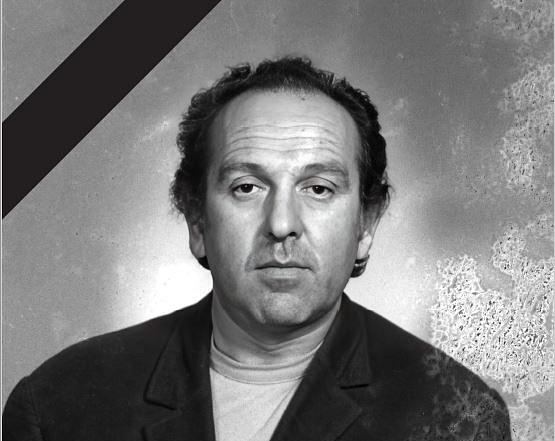Torturers of Romanian communist-era dissident Gheorghe Ursu acquitted



The torturers of Romanian communist regime opponent Gheorghe Ursu, namely Marin Pârvulescu and Vasile Hodiş, were acquitted by the High Court of Cassation and Justice. The decision is final.
The ruling was initially scheduled for July 4, but the High Court postponed it to July 27. At that time, Andrei Ursu, the son of Gheorghe Ursu, expressed hope that the judges needed more time to examine the evidence thoroughly but did not exclude the possibility of seeking a loophole for acquittal.
"I hope the judges needed more time to thoroughly study the evidence. That's what we want: for them to thoroughly examine the evidence, to see what happened to Gheorghe Ursu, and to study what happened in Romanian society in the '80s," Andrei Ursu told Digi24.
The High Court of Cassation and Justice ordered the definitive acquittal of former Securitate officers Marin Pîrvulescu and Vasile Hodiş, who were accused of torturing Gheorghe Ursu. The Supreme Court rejected as unfounded the appeals filed by prosecutors and Andrei Ursu and upheld the acquittal decision applied in October 2019 by the Bucharest Court of Appeal. In the same case, Tudor Postelnicu (deceased), the former head of the State Security Department, was acquitted of being complicit in inhumane treatment.
Gheorghe Ursu, an engineer, poet, and writer, was investigated by the Securitate in the '80s for sending letters to Radio Free Europe and keeping a journal where he recorded the horrors of the communist regime. Prosecutors claim that from January to November 1985, Ursu was subject to informative and judicial surveillance for acts or deeds considered hostile to the communist regime and was arrested on September 21, 1985. He died on November 17, 1985.
Military prosecutors established that Marin Pârvulescu and Vasile Hodiş carried out repressive and systematic actions (surveillance, informative tracking, searches, systematic interrogations, acts of physical and psychological violence) against Gheorghe Ursu, actions that "resulted in severe physical or psychological suffering and seriously affected his fundamental rights and freedoms, mainly the right to life."
Gheorghe Ursu's son, Andrei Ursu, claims that Mihai Pîrvulescu was the one who initially interrogated Ursu while he was still free. Because the latter refused to denounce his friends, including well-known writers such as Nina Cassian, Geo Bogza, and Radu Cosaşu, the Securitate decided to "continue the investigations under arrest," intending to clarify the nature of their relationships.
In an attempt to avoid a case of political persecution that would have been detrimental to Nicolae Ceauşescu's regime internationally, the Securitate fabricated a common law case against Gheorghe Ursu for possessing 17 dollars, which led to his arrest on September 21, 1985. He was placed in a cell with two common law prisoners, Marian Clită and Gheorghe Radu, who were allegedly ordered by the Securitate to act violently against him.
Ursu died due to the beatings he received from Marin Pîrvulescu and other security officers, as well as from the aggressions of other prisoners.
So far, three people have been convicted in this case: Colonel (Ret.) Tudor Stănică, who was then the head of the Police in the capital, Colonel (Ret.) Mihai Creangă, his deputy, and Marin Clită, Gheorghe Ursu's cellmate.
Tudor Stănică did not spend a day in prison, citing medical reasons. Mihai Creangă was released after ten years, and Marin Clită, the common law prisoner, was released after nine years for good behavior. Clită is currently back in prison, serving a 14-year sentence received in Denmark, where he is accused of killing a stewardess in a hotel room in Copenhagen.
radu@romania-insider.com
(Photo source: Andrei Ursu on Facebook)